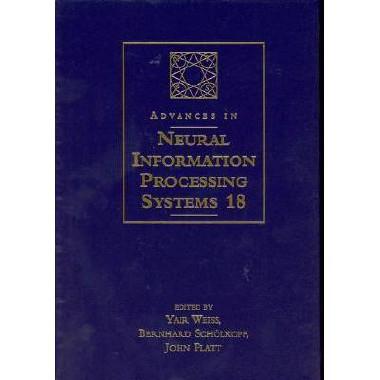Modern civilian and military systems have created a demand for sophisticated intelligent autonomous machines capable of operating in uncertain dynamic environments. Such systems are realizable thanks in large part to major advances in perception and decision-making techniques, which in turn have been propelled forward by modern machine learning tools. However, these newer forms of intelligent autonomy raise questions about when/how communication of the operational intent and assessments of actual vs. supposed capabilities of autonomous agents impact overall performance. This symposium examines the possibilities for enabling intelligent autonomous systems to self-assess and communicate their ability to effectively execute assigned tasks, as well as reason about the overall limits of their competencies and maintain operability within those limits. The symposium brings together researchers working in this burgeoning area of research to share lessons learned, identify major theoretical and practical challenges encountered so far, and potential avenues for future research and real-world applications.
翻译:现代民用和军用系统产生了对精密智能自主机器的需求,这些机器能够在不确定的动态环境中运作,这些系统之所以能够实现,在很大程度上要归功于认知和决策技术的重大进步,而现代机器学习工具又推动了这些进步,然而,这些新型的智能自主形式提出了何时/如何交流操作意图和如何评估自主代理的实际能力与假定能力如何影响总体业绩的问题。本次专题讨论会探讨了使智能自主系统能够自我评估并传播其有效执行指定任务的能力的可能性,以及其能力总限度和在这些限度内保持可操作性的理由。专题讨论会汇集了在这一新兴研究领域工作的研究人员,以分享经验教训,确定迄今遇到的主要理论和实际挑战,以及未来研究和现实世界应用的潜在途径。



